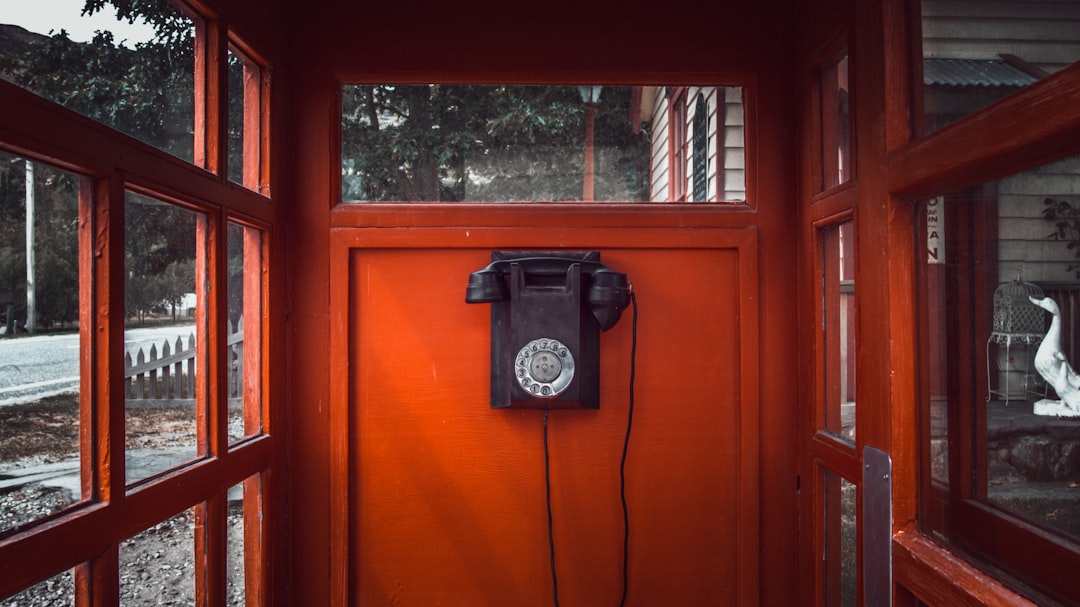Spam calls are a prevalent issue in Alabama, affecting residents' daily lives and safety. To combat this, Alabama residents can collaborate with local law enforcement to report and stop spam calls, engage community organizations for education and tailored solutions like call blocking apps, and explore no-call registries. Implementing these measures helps protect against privacy invasion, identity theft, and fraudulent schemes, making Alabama a safer place by learning How to Stop Spam Calls Alabama.
In Alabama, spam calls remain a persistent nuisance, disrupting lives and businesses. This article offers strategic insights on how to combat this growing issue. We explore effective methods, focusing on collaboration with local law enforcement agencies and engaging community organizations. By understanding the impact of spam calls and implementing tailored solutions, Alabama residents can reclaim their peace of mind. Discover actionable steps to stop spam calls once and for all in the Yellow Hammer State.
Understanding Spam Calls and Their Impact in Alabama

Spam calls, a persistent nuisance across the country, have a significant impact on the daily lives of Alabamians. These unwanted phone calls, often featuring pre-recorded messages or automated systems, are designed to solicit products, services, or even promote fraudulent schemes. Alabama residents can experience up to 50 spam calls per week, according to recent studies, leading to increased stress, reduced productivity, and a sense of privacy invasion.
The prevalence of spam calls in Alabama is not only an annoyance but also poses genuine risks. Many of these calls attempt to deceive individuals into providing personal information or clicking on malicious links, which can result in identity theft, financial loss, and cybersecurity threats. Understanding the extent of this issue is the first step towards developing effective strategies, such as adopting best practices for phone number protection and leveraging local organizations dedicated to consumer advocacy and privacy education.
Collaborating with Local Law Enforcement Agencies

In the fight against spam calls, collaborating with local law enforcement agencies is a strategic move for residents and organizations in Alabama. Many areas have dedicated teams that handle phone fraud and can offer valuable insights and resources to combat this growing issue. By reaching out to these agencies, individuals can report spam calls, providing crucial data that helps track patterns and identify call sources. This collective effort not only assists in legal proceedings but also empowers communities to take a stand against this nuisance.
Local police departments often have specialized units that focus on cybercrime and telecommunications fraud, making them well-equipped to handle spam call investigations. They can guide citizens on how to file complaints effectively, ensuring that the information collected contributes to a comprehensive understanding of the problem. This partnership allows for more targeted interventions and, ultimately, helps develop strategies to educate the public and implement stricter regulations to How to Stop Spam Calls Alabama.
Engaging Community Organizations for Effective Solutions

Engaging community organizations is a powerful strategy in the fight against spam calls. Local groups, such as neighborhood associations or civic clubs, can play a vital role in raising awareness and implementing effective solutions. They can organize educational workshops to teach residents about spam call identification and prevention techniques.
By tapping into the collective knowledge and resources of these organizations, Alabama residents can create a robust defense against unwanted phone calls. Together, they can develop community-led initiatives, like call blocking apps or local no-call registries, tailored to the specific needs and challenges faced by their communities. This collaborative approach not only helps individuals but also fosters a safer and more informed society when it comes to protecting against spam calls in Alabama.






